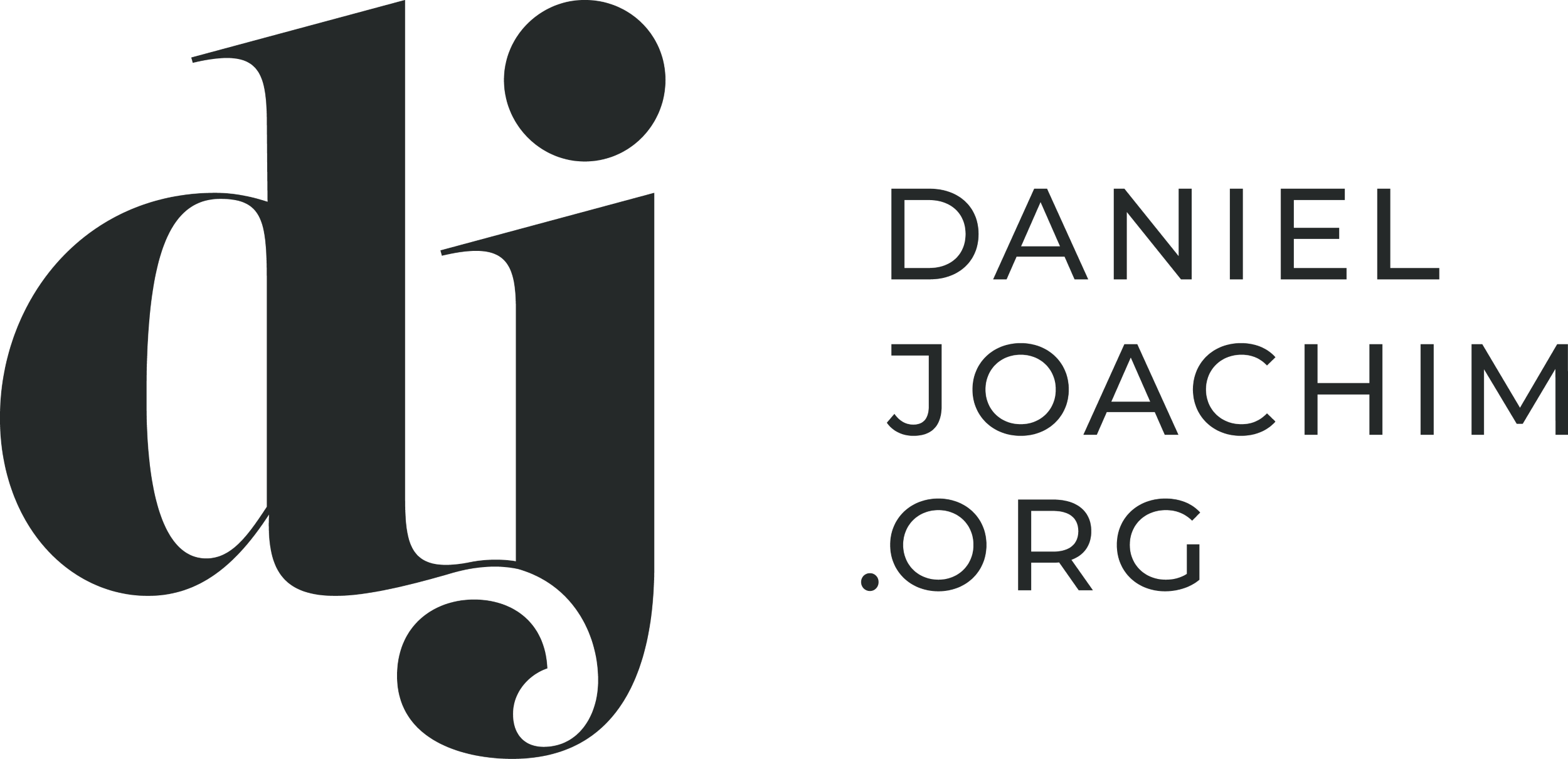Fra Brandon:
The general structure of most naturalistic accounts:
(1) We know naturalism is true by clairvoyance.
(2) Everything else follows.How one knows something cannot be ignored in argument because the status of premises (and thus the evaluation of arguments) partly rests on it.
Den kjente naturalistiske fysikeren Sean Carroll har for eksempel nettopp skrevet et forsvar for at spørsmålet «hvorfor eksisterer noe fremfor ingenting» kan løses for en ikke-teist.
Les også:
Some problems of Naturalism
Den ateistiske bevisbyrden
James Chastek kommenterer hvordan Carroll forsøker å bare definere seg til konklusjonen ved å sitere fra ham:
We can now turn to the question proper: why is there something rather than nothing? The first issue to be addressed is whether physical reality requires something external to itself to account for its existence: either something to sustain it, if the universe exists eternally, or something to bring it into existence, if the universe had a beginning. We can consider each scenario in turn.
For definiteness let’s imagine that some form of quantum mechanics is the correct description of the physical world at its most fundamental level…. then the dynamics of the theory are described by Schrödinger’s equation:
H |Ψ⟩ = i ∂ |Ψ⟩. (1) ∂t
This equation applies to the dynamics of any isolated quantum system, including relativistic quantum field theories and presumably quantum gravity; all one has to do is specify the right Hilbert space and Hamiltonian. (We assume the universe is isolated, or else we should be including whatever influences it as part of the universe.)
Thus, Carroll will prove
physical reality [does not] require something external to itself to account for its existence,
from the assumption that
the universe is isolated, or else we should be including whatever influences it as part of the universe.

